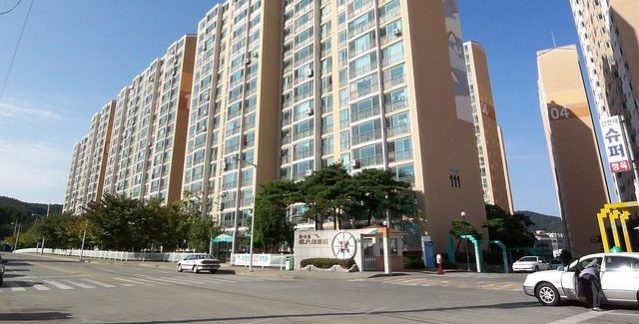The availability of houses in any town/ city affects the overall operation of the housing market. Just as it is the case with the law of demand and supply, the same applies to the property industry, most specifically the housing sector. For any investor who is interested in this field, considering the pull of supply effects is inevitable.
The law of supply and demand states that when there is high demand for a good or service, the price of the good or service rises. If there is a large supply of a good or service but not enough demand for the good or service, the price falls.
In the housing market, the law of supply and demand is prominent. Generally, each housing transaction involves a buyer and a seller. The buyer places an offer for a property and the seller may accept or reject the offer. The law of supply and demand dictates the equilibrium price of a property.
When there is a high demand for properties in a particular city or state and a lack of supply of good quality properties, the prices of houses tend to rise. When there is no demand for housing due to a weak economy and an oversupply of properties is available, the prices of houses tend to fall.
For example, during the Great Recession, the United States experienced an economic downturn from December 2007 until June 2009. The collapse of the real estate market in 2007 caused a decrease in demand for properties, thus creating an oversupply of houses and decreasing properties prices.
Sourced from: http://www.investopedia.com/ask/answers/040215/how-does-law-supply-and-demand-affect-housing-market.asp
Trade agreements are an influential aspect in the property industry. In addition to affecting the growth of the industry in different markets, trade factors also affect the investment flow. Trades services in any country or globally thus affect the property industry significantly and these terms should be revised prudently to safeguard the property industry investors as well as their clients from being affected by any fluctuations that may be detrimental to the industry.
Trade agreements shape economies in the longer term by altering the kinds of goods and services produced and raising per capita incomes. Consequently, the sources of demand for commercial real estate change. This, in turn, affects the growth potential for property types in different markets.
Liberalization of trade also influences investment flows. For example, envision a company opening a new operation in a foreign country where a recent trade agreement has created the opportunity to manufacture its products at a lower cost. As well as specific demand for industrial real estate, the communities in which this investment takes place would enjoy the positive effects of money flowing into their economies. The positive economic impact of new investment and wages ultimately translates into higher fundamental demand for commercial and residential real estate. Improved fundamentals could also lead to further investment flows as international real estate investors begin to acquire stock.
Sourced from: http://cbrecapitalwatch.com/?p=1976
Keeping the supply curve at an optimum level in the property industry is as essential to the society as it is to the industry itself. The fluctuations in these levels are largely affected by a number of factors including new developments within the industry and political factors as well as social factors. However, balancing of the trend in this sector is critical to the property industry.
Housing Supply Always in Flux
Every year the housing supply is reduced by events such as demolitions, abandonment, conversion, and natural disasters such as earthquakes or hurricanes. At the same time, new housing starts are added to the supply, with construction and redevelopment in areas that were dormant.
To keep supply at a good pace, new construction and should hover around 3% of the current housing supply. If the number is above that, we could see a housing bust, and if the number is below, we could see a boom.
New construction activity is a good way to measure the state of affairs in the real estate industry, with the cost of construction often running in sync with the cost of real estate. As construction costs rise, the price of homes also go up; the inverse is also true. But if construction costs surge, further development will likely be discouraged.

The housing supply is also affected by political and social factors such as Federal Clean Air Act in the 1970s, or “no-growth” and “limited-growth” planning in communities to make additional construction more difficult. While these measures have had good intentions, the result has been higher prices due to tighter demand, with homes less affordable for the masses.
Sourced from: http://www.thetruthaboutrealty.com/real-estate-supply-and-demand/
